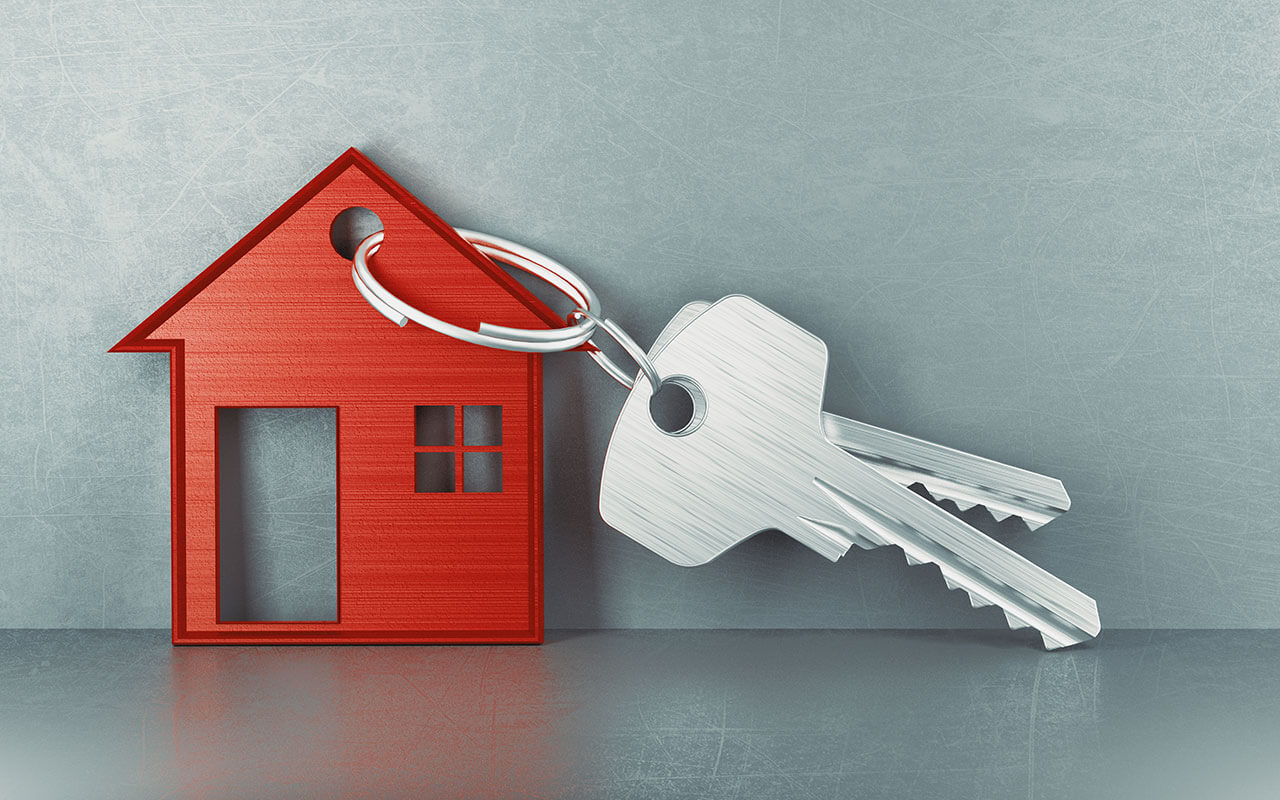Owning a home is often considered a cornerstone of the American Dream, a symbol of success, stability, and financial security. However, the concept of homeownership transcends geographical boundaries; it’s a universal aspiration shared by individuals and families across the globe. In this blog, we’ll delve into the multifaceted aspects of homeownership, exploring its significance, benefits, challenges, and the evolving landscape of housing in the 21st century.
The Significance of Homeownership
Homeownership embodies more than just having a roof over one’s head. It represents a sense of belonging, pride, and achievement. For many, purchasing a home is a monumental milestone, marking the transition from renting to establishing roots and building equity.
Moreover, homeownership fosters a deeper connection to communities. Homeowners are often more invested in their neighbourhoods, contributing to their upkeep, participating in local initiatives, and forging bonds with neighbours. This sense of belonging strengthens social cohesion and enhances the overall quality of life within communities.
Financially, homeownership serves as a long-term investment strategy. Unlike renting, where monthly payments contribute solely to a landlord’s wealth, homeowners build equity over time. This equity can be leveraged for various purposes, such as funding education, starting a business, or retirement planning. Additionally, property appreciation can provide substantial returns, augmenting one’s wealth and financial stability.
Benefits of Homeownership
Stability and Security: Owning a home provides stability by offering a predictable housing cost, unlike renting, where landlords may increase rent or terminate leases at their discretion. Furthermore, homeownership provides a sense of security, knowing that one has a place to call their own, irrespective of external factors.
Building Equity: Mortgage payments contribute to building equity, which serves as a valuable asset. Unlike renting, where payments yield no return, homeownership allows individuals to accumulate wealth over time, thereby improving their financial position.
Personalization and Control: Homeowners have the freedom to personalize their living spaces according to their preferences, whether it’s renovating, redecorating, or landscaping. This level of control fosters a sense of pride and ownership, transforming a house into a home.
Tax Benefits: Homeownership offers various tax advantages, including deductions for mortgage interest, property taxes, and certain closing costs. These incentives can significantly reduce the overall tax burden for homeowners, providing additional financial relief.
Generational Wealth: Homeownership enables individuals to pass down assets to future generations, thereby establishing a legacy and creating opportunities for socio-economic advancement within families.
Challenges of Homeownership
While homeownership offers numerous benefits, it also comes with its fair share of challenges and responsibilities.
Financial Commitment: Purchasing a home entails substantial financial commitments, including down payments, closing costs, mortgage payments, property taxes, insurance, and maintenance expenses. For many, affording these costs may require careful budgeting, long-term planning, and financial discipline.
Market Volatility: The housing market is subject to fluctuations influenced by factors such as economic conditions, interest rates, and housing supply and demand. Market downturns can decrease property values, affecting homeowners’ equity and financial stability.
Maintenance and Repairs: Unlike renting, where landlords are responsible for maintenance and repairs, homeowners bear the full burden of upkeep. From minor repairs to major renovations, maintaining a property requires time, effort, and financial resources.
Risk of Foreclosure: Inability to meet mortgage obligations can lead to foreclosure, resulting in the loss of the home and damage to one’s creditworthiness. Unforeseen circumstances such as job loss, illness, or economic downturns can increase the risk of foreclosure, highlighting the importance of financial resilience and contingency planning.
Property Taxes and Insurance: Homeowners are responsible for paying property taxes and homeowners insurance, which can constitute a significant portion of housing expenses. Failure to pay property taxes can lead to liens or even foreclosure, underscoring the importance of budgeting for these obligations.
The Evolving Landscape of Homeownership
The landscape of homeownership is continuously evolving, shaped by demographic shifts, socio-economic trends, technological advancements, and environmental considerations.
Demographic Shifts: Changing demographics, including an aging population, increasing diversity, and shifting household compositions, influence housing preferences and demand. For example, millennials, the largest cohort of homebuyers, prioritize affordability, sustainability, and urban amenities when choosing housing options.
Affordability Challenges: Rising housing costs relative to stagnant wages pose significant challenges to homeownership affordability, particularly for first-time buyers and low-to-moderate-income households. Addressing affordability requires innovative solutions, such as workforce housing initiatives, inclusionary zoning policies, and public-private partnerships.
Sustainable and Smart Housing: Sustainability and energy efficiency are becoming integral considerations in the design, construction, and renovation of homes. From eco-friendly materials to smart home technologies, homeowners are increasingly embracing environmentally conscious practices to reduce their carbon footprint and lower utility costs.
Rise of Digital Platforms: Technological advancements and digital platforms are revolutionizing the way homes are bought, sold, and managed. Online real estate marketplaces, virtual tours, and digital mortgage applications streamline the homebuying process, making it more accessible and convenient for buyers and sellers alike.
Adapting to New Norms: The COVID-19 pandemic has accelerated certain housing trends, such as remote work, suburban migration, and the desire for larger living spaces. As remote work becomes more prevalent, homeowners are prioritizing home offices, outdoor living areas, and flexible floor plans to accommodate evolving lifestyle preferences.
Conclusion
Homeownership remains a timeless aspiration, embodying the values of stability, security, and financial independence. Despite its challenges, the benefits of homeownership—from building equity to fostering community ties—underscore its enduring appeal.
As we navigate the complexities of the 21st-century housing landscape, addressing affordability, promoting sustainability, and leveraging technology will be essential to ensuring that homeownership remains attainable and sustainable for generations to come. Ultimately, the dream of homeownership persists as a testament to the enduring human desire for a place to call home.








Leave a Reply